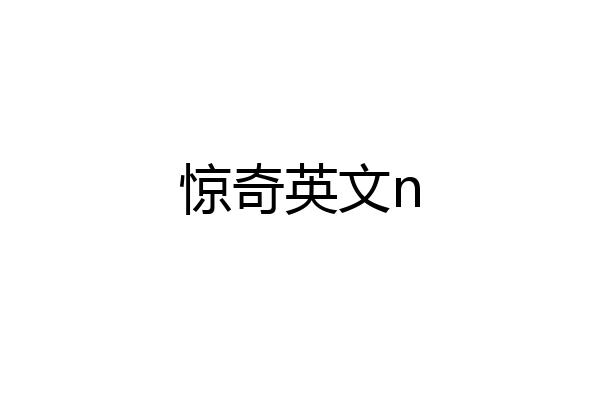
一人一兀
surprise
英 [səˈpraɪz] 美 [sərˈpraɪz]
vt.使惊奇;突袭;意外发现
n.惊喜,惊奇;意外的事
词汇搭配:
express surprise 表示惊奇
feel surprise 感到惊奇
get a big surprise 大吃一惊
give surprise 给…一惊
have a surprise 吃了一惊
例句:
The old man turned to give her a look of pure surprise
老人转身十分惊奇地看了她一眼。
扩展资料
同义词辨析:surprise、amaze、astonish
1、surprise v. 使吃惊,使惊讶
〔辨析〕普通用词,指对各种意外或突发的事物感到惊异,可用于好事,也可用于坏事。
〔例证〕I was much surprised at the news.
听到这个消息,我很诧异。
2、amaze v. 使惊奇,使大为吃惊
〔辨析〕语气较强,强调所发生的事情很不寻常、不可思议。
〔例证〕He amazed everyone by passing his driving test.
他驾照考试合格使大家很惊奇。
3、astonish v. 使惊讶,使吃惊
〔辨析〕语气较强,含难以置信及令人惊叹之意。
〔例证〕The news astonished everyone.
这消息令所有人惊讶不已。


此夏若空820
帮你找了几本英语用法词典,发现这本《英语基础词汇用法词典》(周贞雄编蓍,金盾出版社出版)讲得最清楚,所以帮你摘录下来,供你参考:surprise vt. 使惊奇,使吃惊 n. 惊奇1. 用作动词,通常是及物动词,注意以下用法:(1) 通常以“人”作宾语:The news greatly surprised us. 这消息使我们大为惊奇。/ What surprised me was that he spokeEnglish so well. 使我吃惊的是他的英语说得那样好。(2) 用于be surprised, 其后可接不定式、介词短语 (主要是at)、从句等:I was greatly surprised to hear [at hearing] he was in prison. 听说他坐牢了,我大吃一惊。/ I was surprised at you. 我对你的举止感到吃惊。/ We were surprised that he lost thegame. 我们对他在比赛中失败感到很意外。后接从句若含有“竟然”之意,通常用虚拟语气 (should+v. ):Hewas surprised that he should be so ill. 他竟病得这么重,他感到很惊奇。与shouldn’t / wouldn’t连用,相当于I rather expect that…,意为“我有点儿预料到”:I shouldn’t be surprised if it rains[rained] in the morning. 要是今天早上下雨,我不会感到惊讶 (即我预料今天早上会下雨)。(3) 注意surprising与surprised的区别:前者指“令人吃惊的”,后者指“感到吃惊的”:I’m surprised at the surprising news. 一听到这个令人吃惊的消息,我感到很吃惊。2. 用作名词,注意以下用法:(1) 表示“惊奇”、“吃惊”,是不可数名词;表示“使人惊奇的事或东西”,是可数名词:She looked at her mother in surprise. 她惊奇地看着她母亲。/ His face showed surprise at the news. 他听到这个消息脸上露出吃惊的神色。/ What a surprise to see youhere! 真想不到在这里见到你! / I have a pleasant surprise foryou. 我要告诉你一件意想不到的好事。(2) 用于to one’s surprise, 意为“出乎意料地”、“使人吃惊的是”:(Much) To my surprise the door was unlocked. 使我 (大为)吃惊的是,门没有锁。/ To the surprise of everybody the man wasthe girl’s father. 使大家吃惊的是,这个人就是这个女孩的父亲。